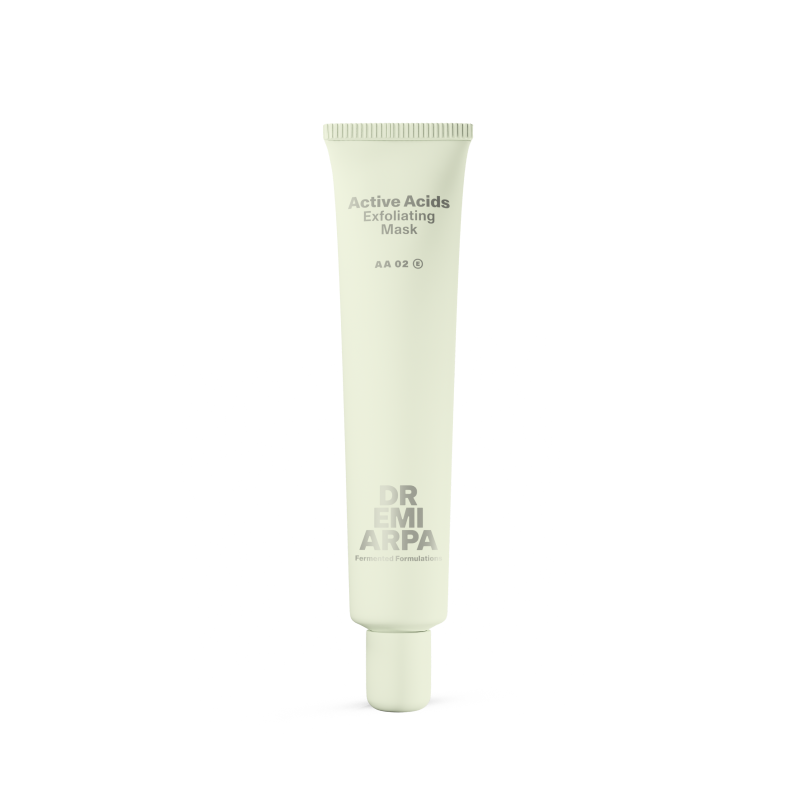CAMELLIA SINENSIS LEAF EXTRACT
Share
Camellia Sinensis ist der Name des Teestrauches, der auch zur Herstellung von grünem Tee verwendet wird. Bei Camellia sinensis Leaf Extract handelt es sich um den Extrakt der Pflanzenblätter, der in Kosmetika als Hautpflegemittel eingesetzt wird.(1-2) Dieser Blätter-Extrakt ist aufgrund seiner antioxidativen sowie entzündungshemmenden und antimikrobiellen Eigenschaften besonders vorteilhaft für die Hautpflege.(3-5) Die antioxidative Fähigkeit des Grüntee-Extrakts beruht auf der Zusammensetzung seiner bioaktiven Bestandteile. Zu diesen zählen Polyphenole, Aminosäuren, Vitamine und andere sekundäre Pflanzenstoffe.(2,6)
(1) Bährle-Rapp, M. (2012). Springer Lexikon Kosmetik und Körperpflege. 4. überarbeitete und erweiterte Auflage. Springer.
(2) Becker, L., Bergfeld, W., Belsito, D., Hill, R., Klaassen, C., Liebler, D., Marks, J., Shank, R., Slaga, T., Snyder, P., Gill, L., & Heldreth, B. (2019). Safety Assessment of Camellia sinensis–Derived Ingredients As Used in Cosmetics. International Journal of Toxicology, 38, 48-70.
(3) Gue, J., Ha, L., Chung, P., Woo, J., Choe, T., & Lee, B. (2012). Correlation of increased antioxidation with the phenolic compound and amino acids contents of Camellia sinensis leaf extracts following ultra high pressure extraction. Journal of Industrial and Engineering Chemistry, 18, 623-628.
(4) Sharma, L., & Pundir, R. (2019). Antimicrobial Potential of Camellia sinensis against Skin Associated Microbial Pathogens. International Journal of Scientific Research in Science and Technology.
(5) Devadharshini, R., Charulatha, S., Das, A., & Bindhu, J. (2021). Structural Analysis and Evaluation of Antimicrobial Activity of Camellia sinensis Aqueous Extract. International journal of current research and review, 13, 185-191.
(6) Andrew, I., Sunday, H., Ukamaka, I., & Bamidele, T. (2022). Bioactive Components and Antioxidant Properties of Aqueous Leaf Extract of Fresh and Processed Camellia sinensis in Alloxan-induced Albino Rats. Asian Journal of Biotechnology and Bioresource Technology.






